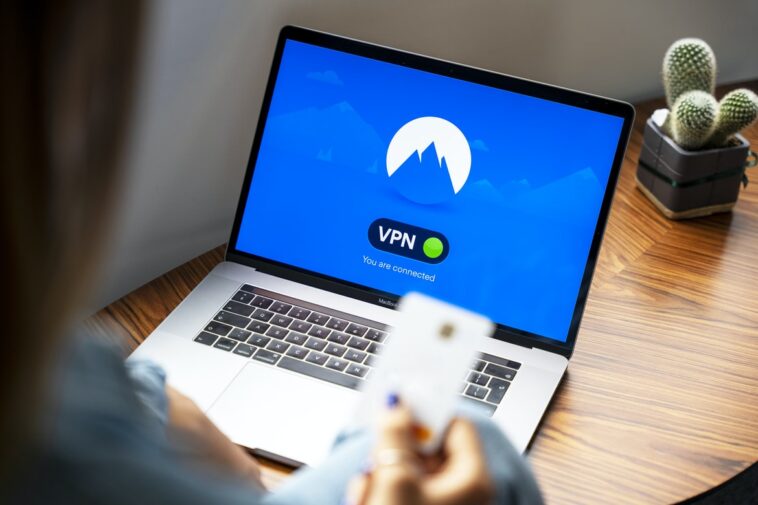A virtual private network, or VPN, is a network that encrypts your Internet data and hides it from prying eyes. You’re probably aware of some of the benefits that a VPN provides, but do you really need to use it all the time?
First of All, VPN Provides an Extra Layer of User Privacy Protection
VPN hides your real IP address, i.e. protects the “gateway” of your Internet connection. This is especially useful if you have a static IP that doesn’t rotate, as advertisers and other trackers can use your IP to connect to your network activities.
This can be used to serve targeted ads in a slightly scattered way. For example, if you buy some items online. You can search for items, check sellers, and maybe watch one or two YouTube videos. With your IP address revealed, advertisers can easily serve you more ads for what you want to buy because your IP address is unprotected. Or, if you bet on your favorite team or sport at bookmakers listed here, advertisers can send you ads for casino games, table games, etc. This could all lead to a privacy violation by exposing other members of your household to ads triggered by your browsing activities. This is just one of the tricks that advertisers use to track users in an effort to show relevant ads that are more likely to be clicked on.
Most of the time, disconnecting from the VPN and reconnecting will give you a new IP address. Even if your Internet package provides you with a dynamic IP that’s constantly changing, your browsing activities could still be related to you, as your service provider will have records. A good VPN won’t keep records long so that won’t be a problem anymore.
A VPN Makes Your Internet Traffic Encrypted
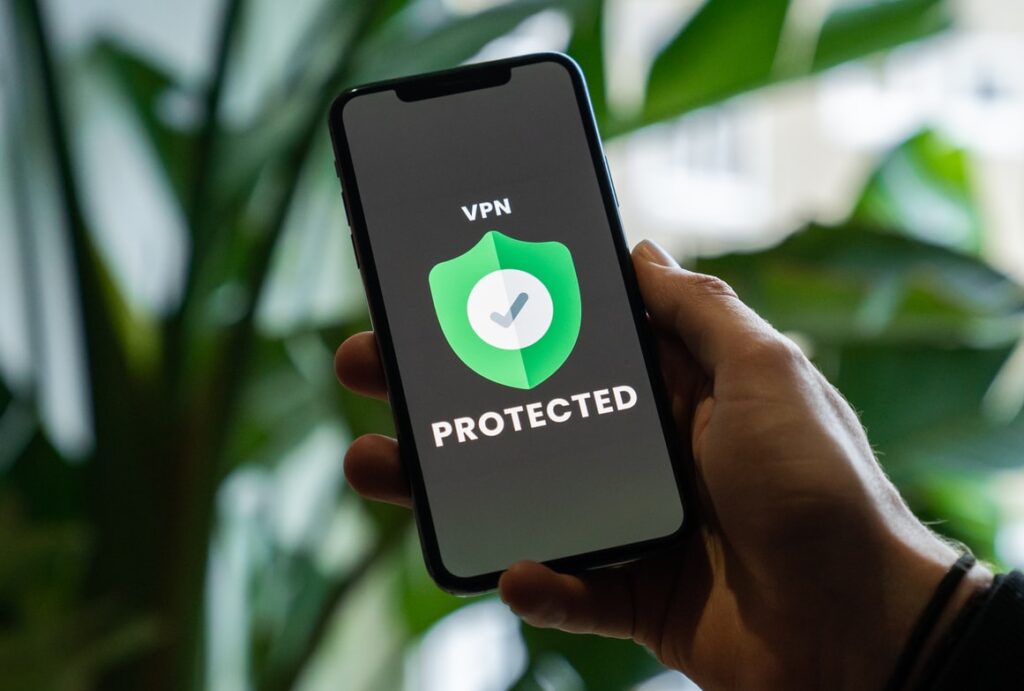
A VPN acts as a secure tunnel through which your Internet traffic is routed. Traffic is coded at both ends (“End-to-End” coding), so theoretically only you and the endpoint (the website you’re accessing) know what’s being transmitted. This level of protection may vary depending on the protocols supported by the VPN service provider, as well as which protocol you yourself choose to use. Generally speaking, safer protocols are slower.
Faster, less secure protocols are still better than nothing. This type of encryption is especially useful when using public wireless networks. These networks can be used to launch an attack on a user in the middle, where browsing data is intercepted. If that traffic is encrypted, it probably won’t benefit anyone running such an attack. Stronger encryption protocols provide greater protection in this regard.
But you should always keep in mind that ultimately nothing is 100% resistant to hacking and it’s important to never assume that you’re completely protected. Nevertheless, a VPN provides an additional level of security on top of existing encryption (such as HTTPS and TLS, used by web hosts and email providers), which means that it’s highly desirable to have a VPN as an additional form of protection.
VPN Also Hides Your Internet Activity From Your ISPs and World Governments
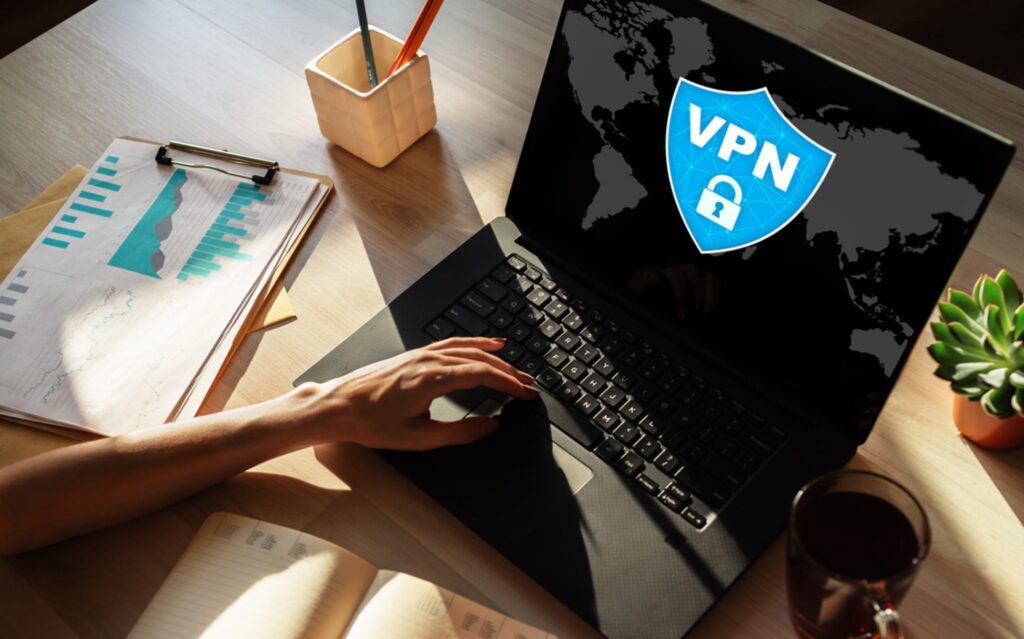
When you encrypt your web traffic, you make it difficult for third parties to see what you’re doing online. This includes the types of websites you visit or the services you use. Internet service providers (ISPs) could try to ‘shape’ traffic by attenuating certain domains or traffic patterns.
BitTorrent traffic or high-bandwidth streaming services, for example, might be artificially slowed. All of your Internet traffic is encrypted when you use a VPN. This makes it difficult for ISPs to get information about what exactly you’re using your Internet connection for, and it’s virtually impossible for them to disable or format your Internet traffic because it’s hidden behind an encryption layer. The same can be said of file sharing and other legally ambiguous activities.
Many VPNs have servers located in jurisdictions that have more lenient access to the issue, where file-sharing is allowed. Just be careful not to break any policies that could cause your VPN to suspend your account for abuse.
What’s much more serious is that VPNs can also be used to circumvent censorship or hide from the eyes of governments. In some countries, the use of VPNs is illegal. If you want to use a VPN to hide from the authorities in this way, beware of the risks you’ll be exposed to if you decide to do something like that. You’ll need to become familiar with the concept of a shutdown switch, with which protocols will best protect you, and with the best software available to establish a VPN connection.
A VPN Will Save You Money and, In Some Cases, Access Content That’s Otherwise Disabled for Your Region
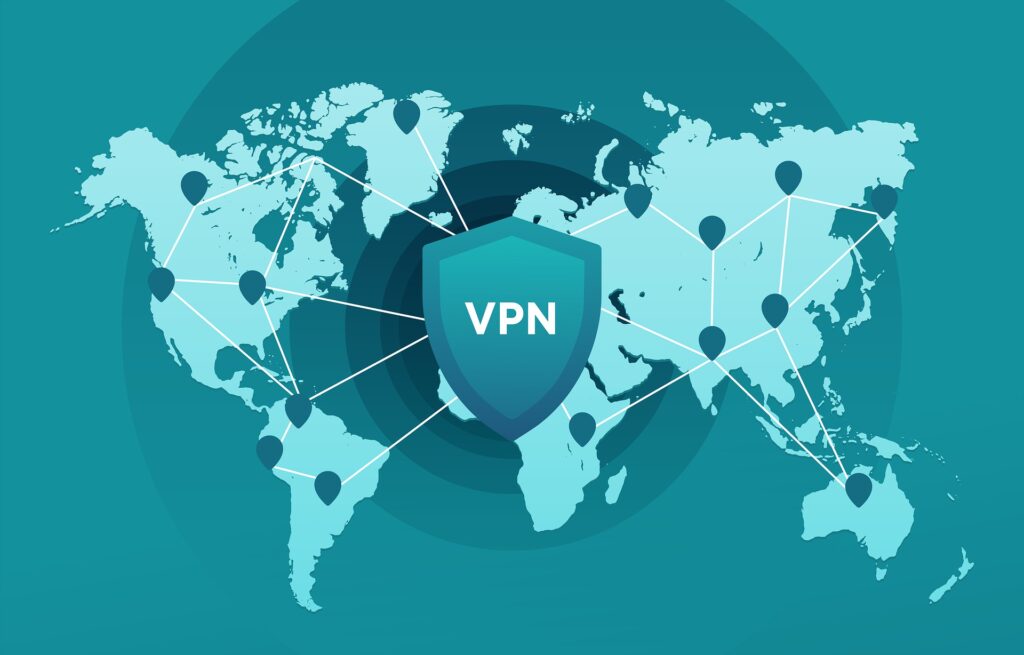
For most VPN users, it’s primarily an investment in security and privacy for the reasons listed above. Being able to look like you’re browsing online content in another country has its advantages, especially when it comes to retail and so-called streaming.
If you appear to be in another country, you may be charged less for a product or service. The most obvious example is flights, where the price can change dramatically depending on the place of booking. Not even that does necessarily reflect the travel plan. Your departure destination doesn’t necessarily correspond to the location where the booking was made.
Another major reason why many people sign up for a VPN is the transfer of geographically limited content. This could include another country’s Netflix catalog, television streaming services, or even live events such as football matches, which may not be available locally.
If you go streaming, be prepared to spend money. Streaming services like Netflix are more aware than ever before of the tricks VPN providers use to circumvent geographical restrictions. Some services may have certain servers that you need to connect to in order to access streaming video.
Are There Any Drawbacks to VPNs?
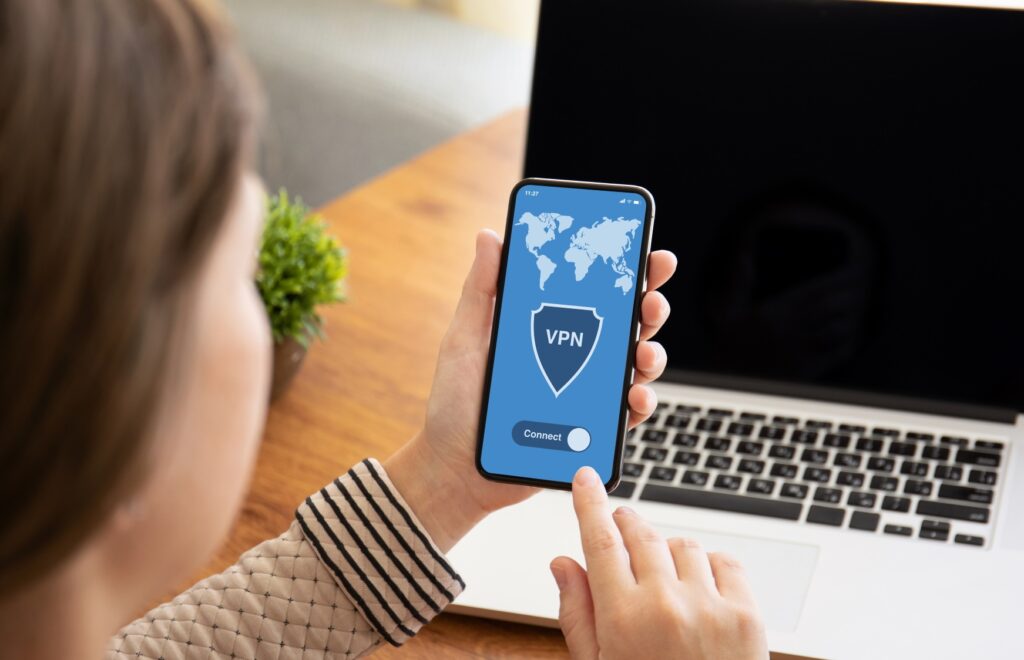
One major disadvantage of using a VPN is that it slows down the speed of your Internet. Because using a VPN introduces an extra layer between you and the wider Internet, your speed will be slower if you browse content through a VPN.
The speed issue largely depends on the speed of your home Internet and the distance between you and the VPN server you’re using. A server a few miles away will introduce a slight slowdown, but a server on the other side of the world could have a dramatic impact. And yes, VPN can affect streaming performance.
Another major drawback is the perception that a VPN provides you with complete protection against online threats. That’s not exactly the case. Remember that a VPN can’t protect you from common network threats with malware, fraud, zero-day abuse, and identity theft. And if you don’t change your Internet habits to increase your privacy, you could still be easily recognized.
How to Choose the Best VPN?
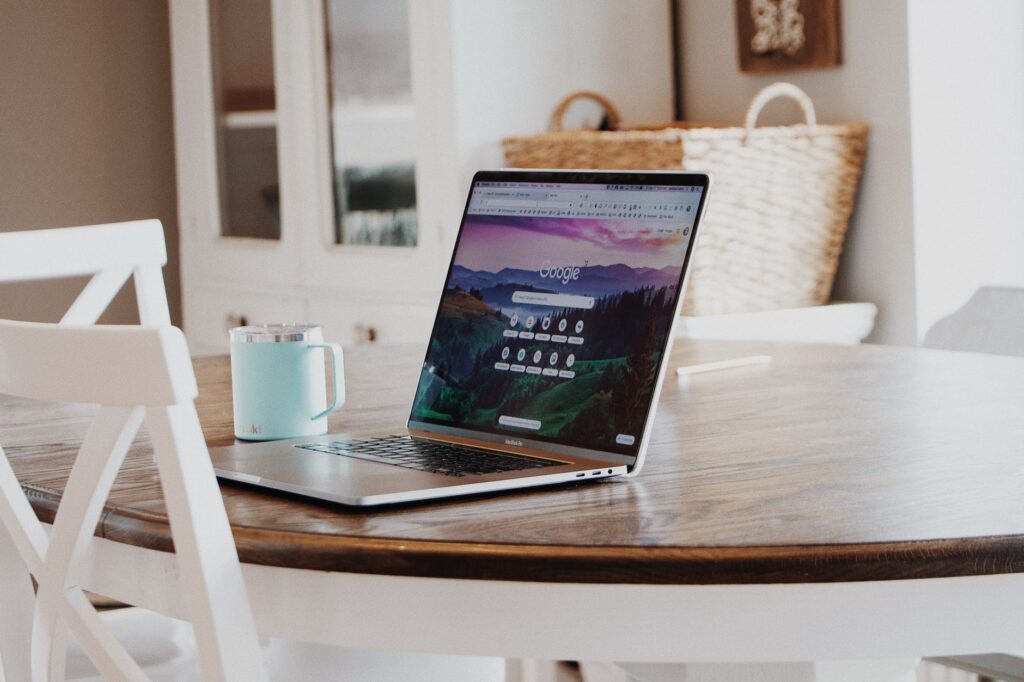
It’s also important to choose the virtual private network that might be best for you, given your preferences. Free VPNs should be avoided since they are frequently targeted by hackers and provide little or no protection. The good news is that most VPNs are inexpensive, costing only a few dollars per month on average.
If you’re concerned that your network activities are exposed, be sure to choose a VPN with minimal logging rules. This means that a VPN keeps records of what its users are doing for a very short time. Ideally, this service should exist outside of your jurisdiction and outside of intelligence-sharing jurisdictions, such as Five Eyes.
Learning about the various VPN protocols available to you will give you a better understanding of what level of protection a particular service provides you with.
Should You Use VPNs to Browse the Entire Internet Content or Not?
If you pay for a VPN that you are happy with and it provides you with a sufficient layer of security and allows you to access services that otherwise wouldn’t be available to you, you should use it as much as possible. It might make sense to isolate a few network activities for which a VPN isn’t suitable, such as playing online games or downloading as quickly as possible. You can always turn off and use the ‘unprotected’ way of browsing the Internet for such activities.



